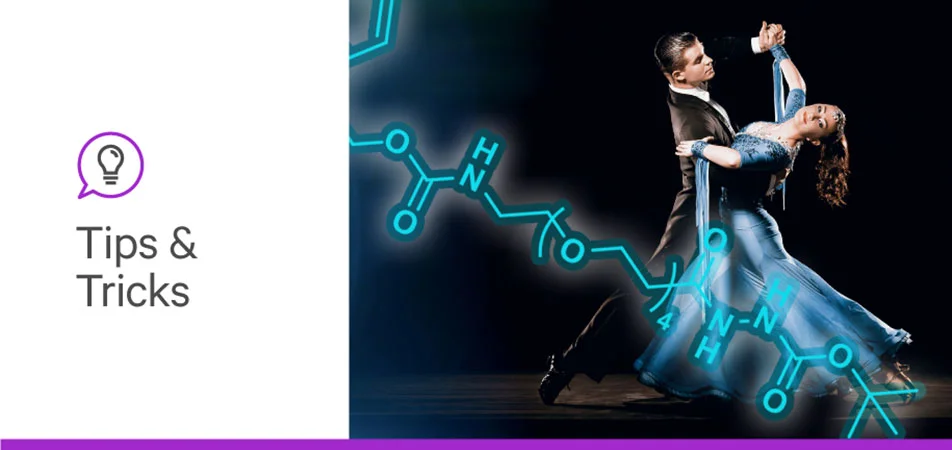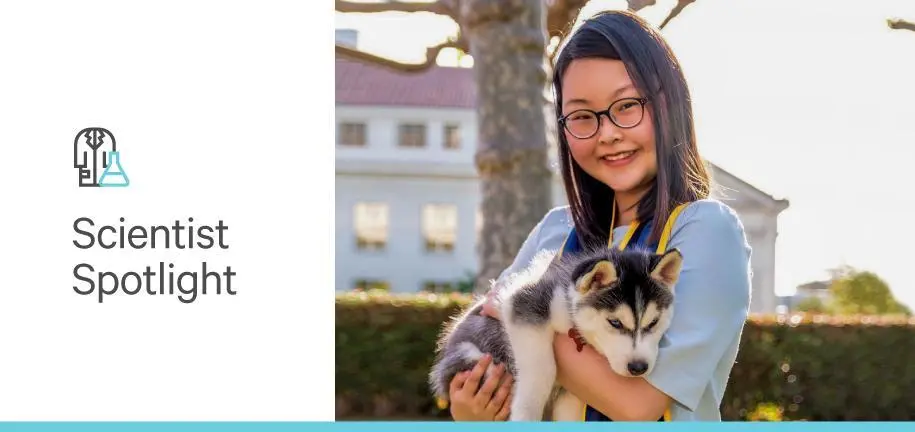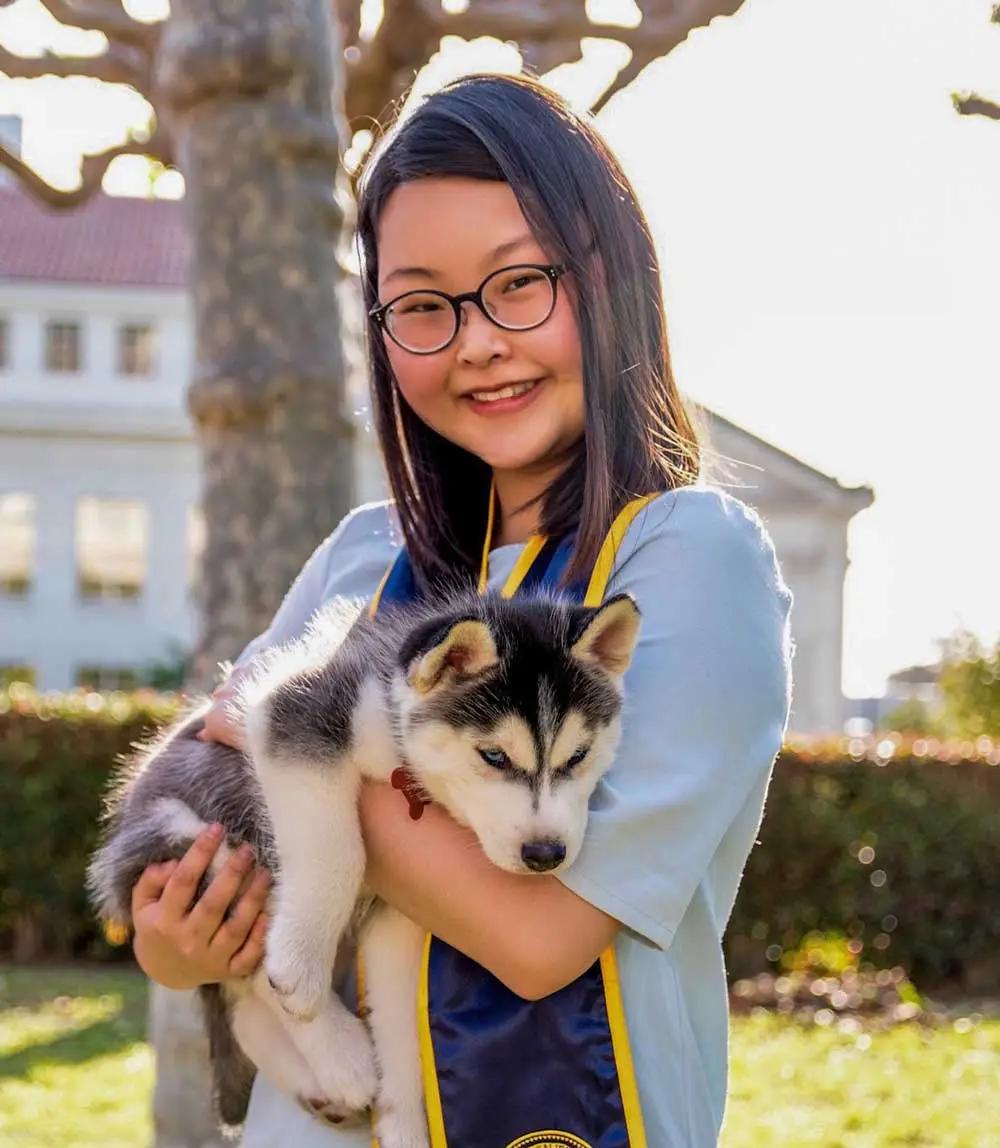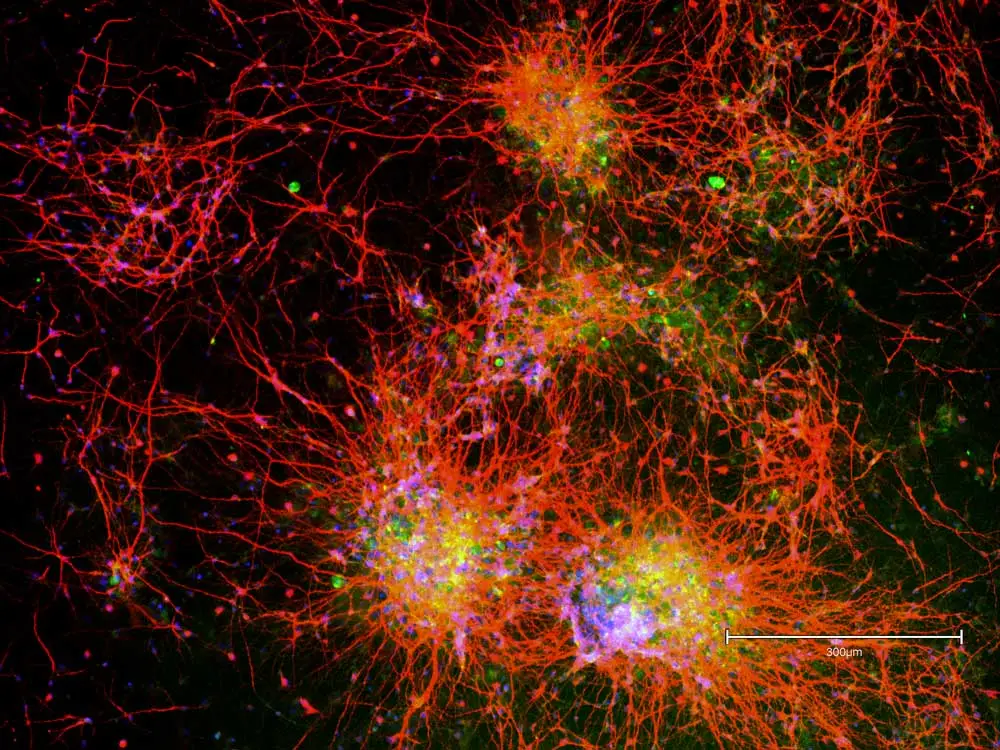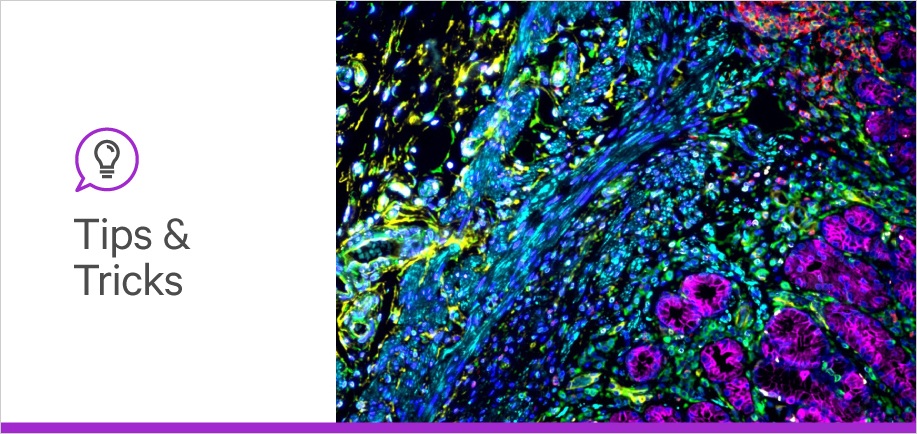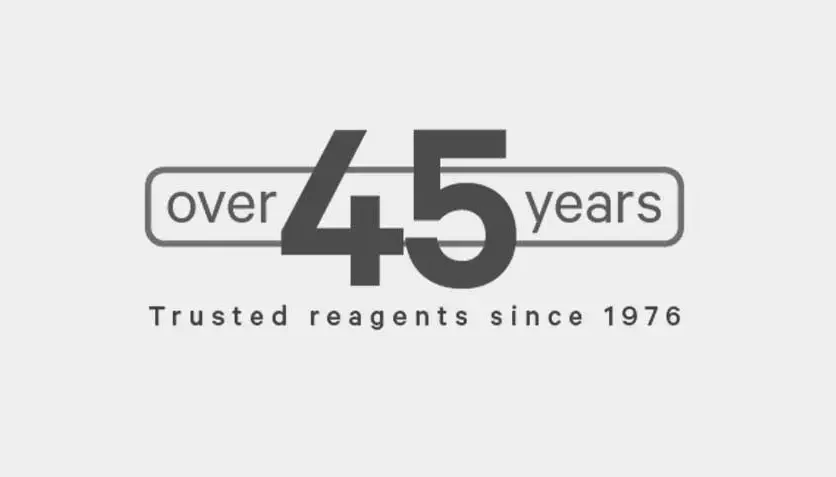“Since I didn’t have any of the specs required to apply to medical school, I was just looking for anything where I could be paid and do something “science–y”. I found this internship program that introduced me to full-time bench work…doing it now, I realize that I really like it. I realize now that my vision of justice could be even broader than being a doctor and treating an individual in a place where they don’t have access to healthcare. I could be doing research that impacts potentially thousands, millions of lives.”
When Jina began her internship in the program at UNMC in 2019, she had no experience in the lab. That was intimidating, but her supportive teammates took the time to encourage her and make sure she was learning everything she needed to know. They taught her that mistakes happen and experiments can be repeated. There also were challenges along the way that someone with more experience in the sciences might not think about. For example, not only did she not have the fine motor skills to manipulate pipettors (a skill that came with practice), but she also had no idea how to make figures for publications. However, surrounded by a supportive network, she learned that she didn’t have to draw her mouse from scratch but could use software for that and other symbols needed to visually describe her experiments. She also didn’t need to reinvent curve-fitting or other mathematical analyses but could rely on software to render publication-quality graphs.
“Yes, my pathway has been a little bit complicated. But I caught up on coursework and bench work during my internship. And now, as of August, I’m officially in the UNMC master’s program. Having completed all of the core classes, I will only need to attend seminars and work on my thesis project. And since I already had a year to get a head start on that as well, I’m hoping to finish that up soon.”
And so, even though she sometimes felt like the “lowest one on the totem pole,” her scientific village of colleagues and mentors helped make sure that she had all the tools she needed. And now she applies these skills to her project: a multi-generational study on the effects of intergenerational opioid exposure (oxycodone) and the potential to mitigate these effects with a therapeutic approved for insomnia (suvorexant. And, after just a year in the lab, she passes that recently acquired knowledge and experience to the high school interns that rotate through the lab in the summer. She takes pride in the knowledge she’s acquired to confidently teach them microdissection, RNA isolation, DNA synthesis, and RT-qPCR techniques. And, in this role of mentor and teacher, she finds joy.
“…after I finish my masters, I’ll study for the MCAT and apply MD/PhD or MD programs. And, while I might not do bench work forever, I would love to teach…I’ve had mentors who are so great, kind, and caring towards me, I want to give part of that back…it’s rewarding to have someone learning from you, and it’s also been really good for me because it reinforces all my skills…I have to be good enough to teach someone else how to do it.”
Throughout this major shift in a new career direction, the ongoing support of her parents has been invaluable. They taught her to pursue her interests and passions. Overall, Jina feels fortunate to have wonderful, supportive people standing next to her. She hopes to be able to turn the support she’s been given into advocacy, compassion, and care in pursuit of justice for those who need it most as she moves forward.
